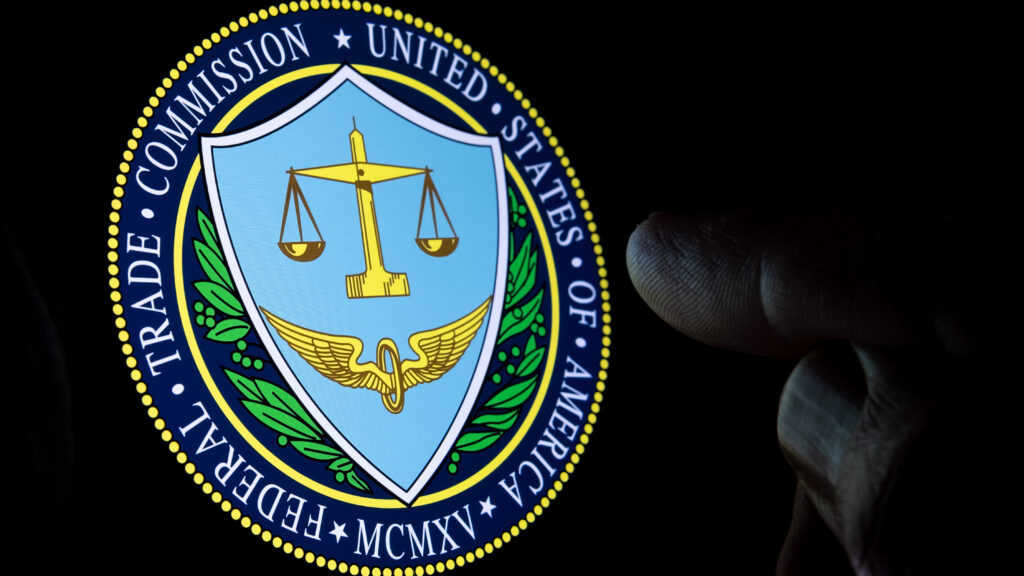Want to stay on top of the science and politics driving biotech today? Sign up to get our biotech newsletter in your inbox.
Hello, everyone. Damian here with an introduction to an emerging VC with a famous name, an escalation from the FTC, and the latest biotech megaround.
advertisement
The need-to-know this morning
- Pfizer will close its $43 billion acquisition of cancer drug maker Seagen on Dec. 14, following the receipt of all required regulatory approvals. The cancer commercial and R&D functions of both companies will be merged into a new Pfizer Oncology Division led by current Pfizer executive Chris Boshoff. Pfizer is also splitting its non-cancer commercial business operations into two divisions. Current Pfizer Chief Commercial Officer Angela Hwang is leaving the company.
- Bicara Therapeutics, a privately held developer of cancer drugs, raised $165 million in a Series C round financing.
- AstraZeneca said it will acquire vaccine maker Icosavax for $15 per share, or $800 million. Icosavax shareholders will also be eligible to receive an additional payment of $5 per share, or $300 million, contingent on the achievement of certain milestones.
Reed Jobs, biotech VC
Reed Jobs spent about eight years on the path to becoming a cancer researcher, inspired by his father’s experience with pancreatic cancer to find new treatments for incurable malignancies. But when his father, Apple co-founder and CEO Steve Jobs, died in 2011, what was once academic became far too real, leading him to pivot away from oncology.
But Jobs’ North Star was always cancer, STAT’s Allison DeAngelis reports, which led him to start Yosemite, a venture fund with $200 million in the bank and a plan to raise $200 million more. It’s a spinoff of the Emerson Collective, a firm that combines VC and philanthropy that is run by Jobs’ mother, Laurene Powell Jobs. The plan is to make investments in cancer-focused startups while setting aside about 2.5% of its capital to fund no-strings-attached grants for research projects.
“What I really want to do, and what would make me the most satisfied, is to play a key role in the development of new classes of therapies, and diagnostics, and new innovations in digital health,” Jobs said. “We really just want to be part of the things that are wondrous and kind of take people’s breath away.”
advertisement
Another day, another biotech megaround
This time it’s Tome Biosciences, a private firm making its public debut today with $213 million in venture funding from a syndicate that includes Andreessen Horowitz, Arch Venture Partners, and GV.
Tome is a genome-editing company, using a novel technique called PASTE that allows scientists to insert large sequences of genetic code without breaking DNA. The goal is to turn PASTE into a medicine for rare, monogenic disease and use the technology to craft cell therapies for more common ailments.
Tome’s announcement marks the latest high-dollar biotech financing in what has become a market of haves and have-nots in the startup world. Overall venture dollars are on pace for a six-year low in 2023, but a handful of companies — including ReNAgade Therapeutics, Nimbus Therapeutics, and Aiolos Therapeutics — have managed to raise funding rounds exceeding $200 million despite the downturn.
The FTC is thinking small
The Federal Trade Commission, whose newfound focus on the pharmaceutical industry has imperiled a few multibillion-dollar mergers, is apparently paying close attention to small-dollar biotech deals, too.
Yesterday, the agency challenged a transaction in which Sanofi agreed to pay $150 million for the rights to an early-stage medicine from the privately held Maze Therapeutics. Maze’s therapy, MZE001, is a treatment for the rare Pompe disease now in Phase 2 development. To Sanofi, whose Genzyme division markets the best-selling medicines for Pompe, licensing the Maze treatment “would eliminate a nascent competitor poised to challenge Sanofi’s monopoly in the Pompe disease therapy market,” according to the FTC.
And it worked. Hours after the challenge became public, Sanofi said it had terminated the deal, explaining that while it disagreed with the FTC’s claims, “the delay associated with a long litigation has led Sanofi to conclude that it would not be in the best interests of patients to contest this litigation.”
Bristol Myers buys big into ADCs
After a series of star turns at major medical meetings, the latest pharmaceutical craze is the humble antibody-drug conjugate, the reason for several multibillion-dollar deals in 2023 alone.
The latest affirmation comes from Bristol Myers Squibb, which signed an agreement worth up to $8.4 billion for the rights to an ADC from a private firm called SystImmune. The treatment pairs a bispecific antibody, aimed at the cancer targets EGFR and HER3, with a tumor-killing payload. SystImmune’s medicine is in development for cancers of the lung, breast, and other tissues.
The deal follows Merck’s agreement to pay up to $22 billion to partner on three compounds from ADC specialist Daiichi Sankyo, GSK’s $1.5 billion deal with the Chinese firm Hansoh Pharma, and Pfizer’s pending $43 billion acquisition of Seagen, a pioneer in the space.

